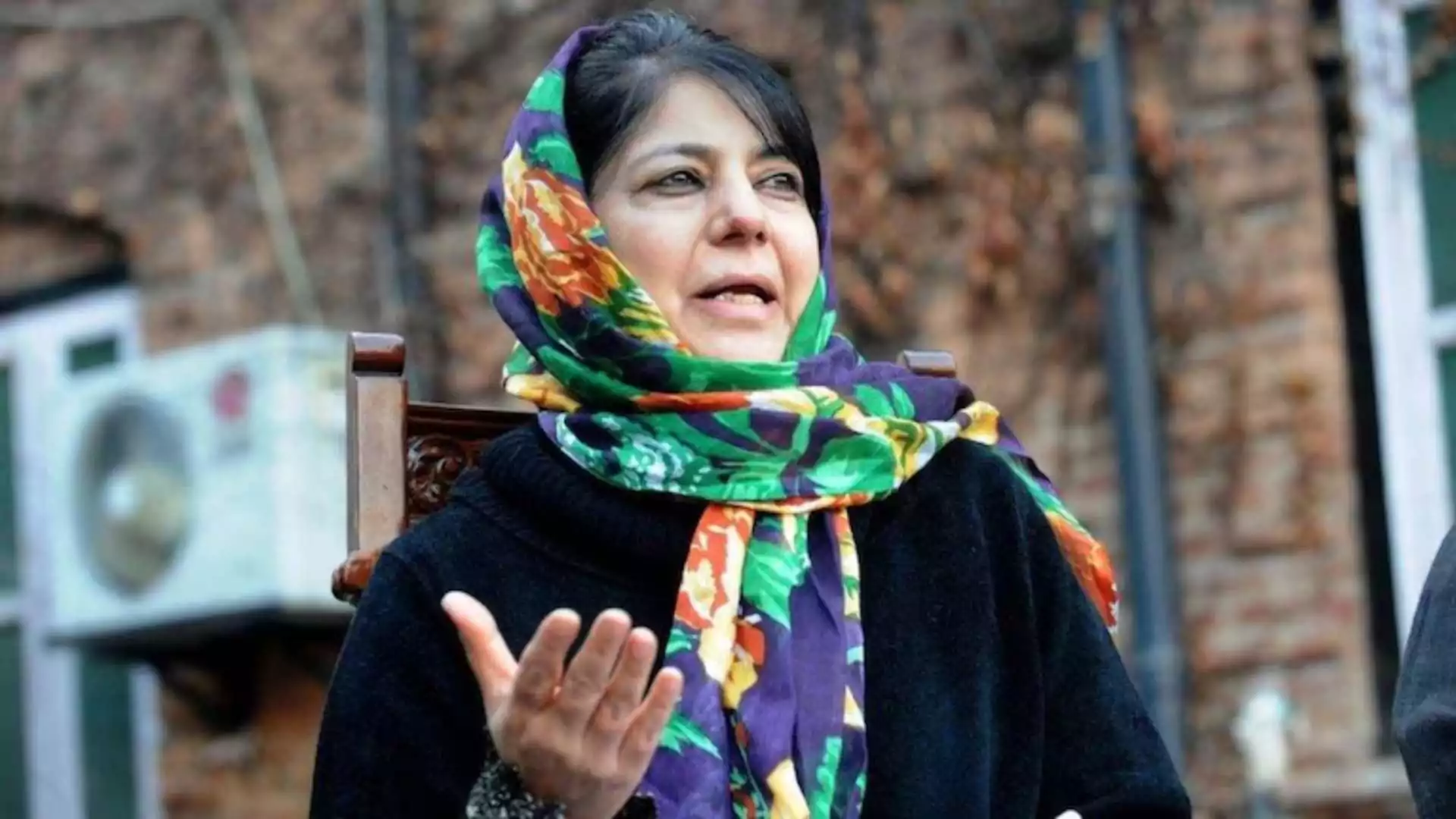Australia’s plan to cap international student numbers for 2025 at 270,000 is likely to be blocked after the opposition parties have announced their intention to vote against the proposed legislation. The decision leaves the government without enough support to pass the law, intensifying the ongoing debate about migration and housing policies.
Opposition Rejects Proposed International Student Cap
The Australian government’s plan to limit international student commencements to 270,000 in 2025 has encountered fierce resistance. Opposition leaders have expressed strong concerns, especially about the government’s handling of immigration and the housing crisis.
Sarah Henderson, Education Spokesperson for the Liberal-National Coalition, criticized the bill as “chaotic and confusing,” saying it fails to address the underlying issues that have contributed to Australia’s current immigration challenges. “We cannot support measures that will only exacerbate the crisis of the government’s making,” Henderson stated, adding that the opposition has no confidence in the government’s ability to manage immigration effectively.
The Greens Party has also rejected the bill, further diminishing the government’s chances of securing the necessary votes in the Australian Senate.
The Government’s Position on Migration and Education
The government has framed the international student cap as part of a broader strategy to restore balance to Australia’s immigration system, which experienced significant disruptions during the COVID-19 pandemic. Education Minister Jason Clare defended the bill, asserting that it would return the number of new international students to pre-pandemic levels. He also pointed out the contradiction in the opposition’s stance: “You can’t talk tough on immigration and then vote against putting a limit on the number of people that come to this country every year.”
The Opposition’s Plan for Migration
Opposition Leader Peter Dutton has been vocal in his criticism of the government’s immigration policies. He has proposed capping net international migration, including international students, at 160,000. However, Dutton has not outlined specific measures to achieve this target, leaving many questions unanswered about how the opposition would manage the issue.
Universities Australia Reacts to Rejection of the Bill
The decision to block the bill has also drawn criticism from universities and higher education bodies. Luke Sheehy, CEO of Universities Australia, stated that the ongoing political squabble over international student numbers is counterproductive. He argued that blaming international students for migration and housing issues is “a phony war” and detracts from the real issue at hand: investing in Australia’s world-class university sector.
“The Australian university system relies heavily on international student revenue. Both sides of politics need to get real about the importance of this sector and the role international students play in our economy,” Sheehy emphasized.
What’s Next for Australia’s International Student Cap?
With the opposition and Greens rejecting the bill, the government faces a challenging path ahead. The proposed cap, which aims to bring international student numbers back to pre-pandemic levels, may not pass in its current form. The debate over immigration, housing, and the role of international students in Australia’s economy is far from over, and it seems likely that the issue will remain a focal point in the lead-up to the next elections.






















